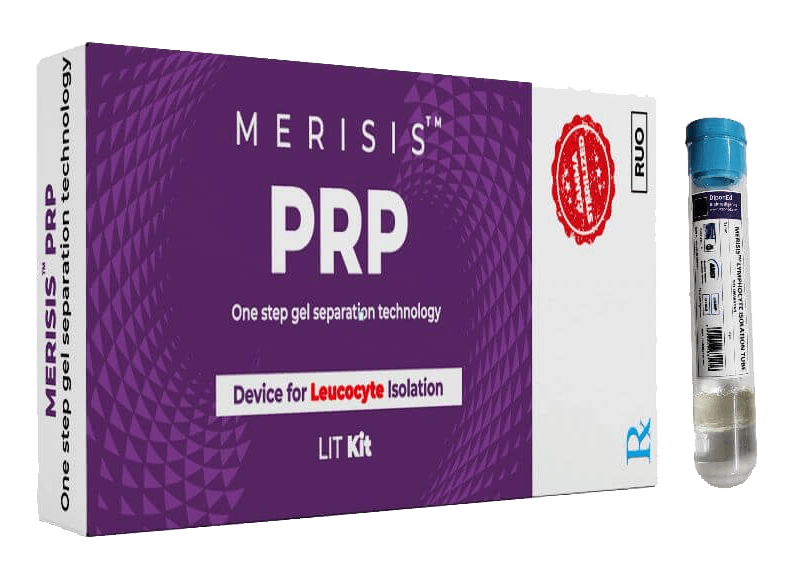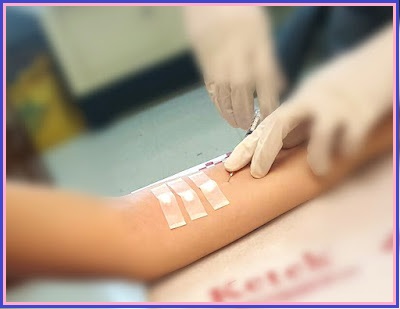The success of Lymphocyte Immunization Therapy (LIT) in Assisted Reproductive Technology (ART) can be influenced by several factors. While the efficacy of LIT is still a subject of debate and further research is needed, the following factors are worth considering:
Accurate Diagnosis and Patient Selection: Accurate diagnosis and patient selection are crucial for the success of LIT in ART. That said, identifying the underlying immunological causes contributing to implantation failures or recurrent pregnancy loss is essential.
Moreover, a thorough evaluation of the immune profile and appropriate diagnostic tests can help determine if LIT an appropriate treatment option is for a specific patient. Besides, not all cases of implantation failure or pregnancy loss have immunological causes, so careful patient selection is vital.
 Immunological Evaluation: A comprehensive immunological evaluation is essential to assess the immune profile and identify potential immune-related factors that may impact pregnancy outcomes. Also, this evaluation may include assessing autoantibodies, natural killer (NK) cell activity, cytokine profiles, and other immunological markers. Additionally, the findings from the evaluation can guide the decision-making process and determine the suitability of LIT for a specific patient.
Immunological Evaluation: A comprehensive immunological evaluation is essential to assess the immune profile and identify potential immune-related factors that may impact pregnancy outcomes. Also, this evaluation may include assessing autoantibodies, natural killer (NK) cell activity, cytokine profiles, and other immunological markers. Additionally, the findings from the evaluation can guide the decision-making process and determine the suitability of LIT for a specific patient.
Proper Timing and Protocol: The timing and protocol for LIT administration play a crucial role in its success. Besides, the optimal timing of LIT in relation to the ART cycle, such as the timing of embryo transfer, needs to be determined based on individual patient characteristics and treatment plans. Additionally, the appropriate dosage, frequency, and route of administration (subcutaneous or intradermal) should be considered and tailored to the patient’s specific needs.
Quality of Lymphocytes: The quality of lymphocytes used in LIT is important for its success. That said, fresh or cryopreserved lymphocytes can be used, and the method of lymphocyte collection (leukapheresis or whole blood) can impact the quality and viability of the cells. Besides, proper handling, processing, and storage of lymphocytes are crucial to maintaining their viability and functionality.
On the other hand, high-quality lymphocytes with optimal immune properties are necessary for an effective immune response and the potential success of LIT.
Experience and Expertise: LIT should be performed by healthcare providers experienced in immunological aspects of ART. Besides, specialists in reproductive immunology or fertility clinics with expertise in LIT can guide the treatment process, ensure appropriate patient selection, and administer LIT according to established protocols. On the other hand, their experience and knowledge can enhance the chances of success and minimize potential risks associated with LIT.
Multidisciplinary Approach: Collaborative care involving a multidisciplinary team is beneficial for the success of LIT in ART. This team may include reproductive endocrinologists, immunologists, embryologists, and other specialists. That said, a collaborative approach allows for comprehensive evaluation, customized treatment plans, and ongoing monitoring to optimize the potential benefits of LIT and address other factors impacting fertility and pregnancy outcomes.
It is important to note that while LIT shows potential, the evidence supporting its effectiveness is limited and subject to ongoing research. Also, the success of LIT in ART may vary among individuals, and patient responses can differ. Hence we can say that factors like Individualized evaluation, accurate diagnosis, proper timing and protocol, high-quality lymphocytes, expertise in reproductive immunology, and a multidisciplinary approach are crucial factors to consider in maximizing the potential success of LIT in ART.
Why does choosing the right healthcare provider matter?
 The selection of the right healthcare provider is crucial for the success of Lymphocyte Immunization Therapy (LIT) in Assisted Reproductive Technology (ART). Here are the key reasons why:
The selection of the right healthcare provider is crucial for the success of Lymphocyte Immunization Therapy (LIT) in Assisted Reproductive Technology (ART). Here are the key reasons why:
Expertise in Reproductive Immunology: LIT involves addressing immunological factors that may contribute to implantation failures or recurrent pregnancy loss. Moreover, a healthcare provider with expertise in reproductive immunology possesses in-depth knowledge of the immune system’s role in reproduction. Besides, they understand the complex interactions between the immune system and reproductive processes, enabling them to accurately assess immune profiles, identify potential immune-related issues, and determine if LIT is an appropriate treatment option for a specific patient.
Comprehensive Evaluation and Diagnosis: A healthcare provider experienced in reproductive immunology can conduct a thorough evaluation to assess the immune profile of the patient. Additionally, this evaluation may include analyzing autoantibodies, natural killer (NK) cell activity, cytokine profiles, and other immunological markers. That said, accurate diagnosis and identification of immune-related factors are crucial for determining the suitability of LIT and ensuring appropriate patient selection.
Customized Treatment Plan: Every patient is unique, and their immune profiles and reproductive challenges may vary. Having said that, a healthcare provider experienced in LIT can develop a customized treatment plan tailored to the specific needs and circumstances of the patient. Moreover, they can determine the optimal timing of LIT in relation to the ART cycle, the appropriate dosage and frequency of lymphocyte administration, and the most suitable administration route (subcutaneous or intradermal). Besides, a customized treatment plan maximizes the potential benefits of LIT and increases the chances of success.
 Proper Handling and Processing of Lymphocytes: The success of LIT relies on the quality and viability of the lymphocytes used in the therapy. On the other hand, an experienced healthcare provider ensures proper handling, processing, and storage of lymphocytes to maintain their viability and immune properties. Besides, they follow established protocols and guidelines for the collection and storage of lymphocytes, minimizing the risk of cell damage or loss of functionality.
Proper Handling and Processing of Lymphocytes: The success of LIT relies on the quality and viability of the lymphocytes used in the therapy. On the other hand, an experienced healthcare provider ensures proper handling, processing, and storage of lymphocytes to maintain their viability and immune properties. Besides, they follow established protocols and guidelines for the collection and storage of lymphocytes, minimizing the risk of cell damage or loss of functionality.
Ongoing Monitoring and Adjustments: LIT requires ongoing monitoring to evaluate its effectiveness and make any necessary adjustments to the treatment plan.
That said, a knowledgeable healthcare provider can closely monitor the patient’s response to LIT, assess their immune parameters, and make informed decisions regarding the continuation or modification of the therapy. Additionally, regular monitoring ensures that the treatment remains tailored to the patient’s evolving needs, maximizing the chances of success.
Collaborative Care and Multidisciplinary Approach: The success of LIT in ART often benefits from a collaborative care approach involving a multidisciplinary team. This team may include reproductive endocrinologists, immunologists, embryologists, and other specialists. By working together, they can share their expertise, contribute to comprehensive evaluation and diagnosis, and ensure coordinated care. On the other hand, a multidisciplinary approach allows for a holistic assessment of the patient’s fertility and immune factors, optimizing the potential benefits of LIT and addressing other aspects impacting reproductive success.




